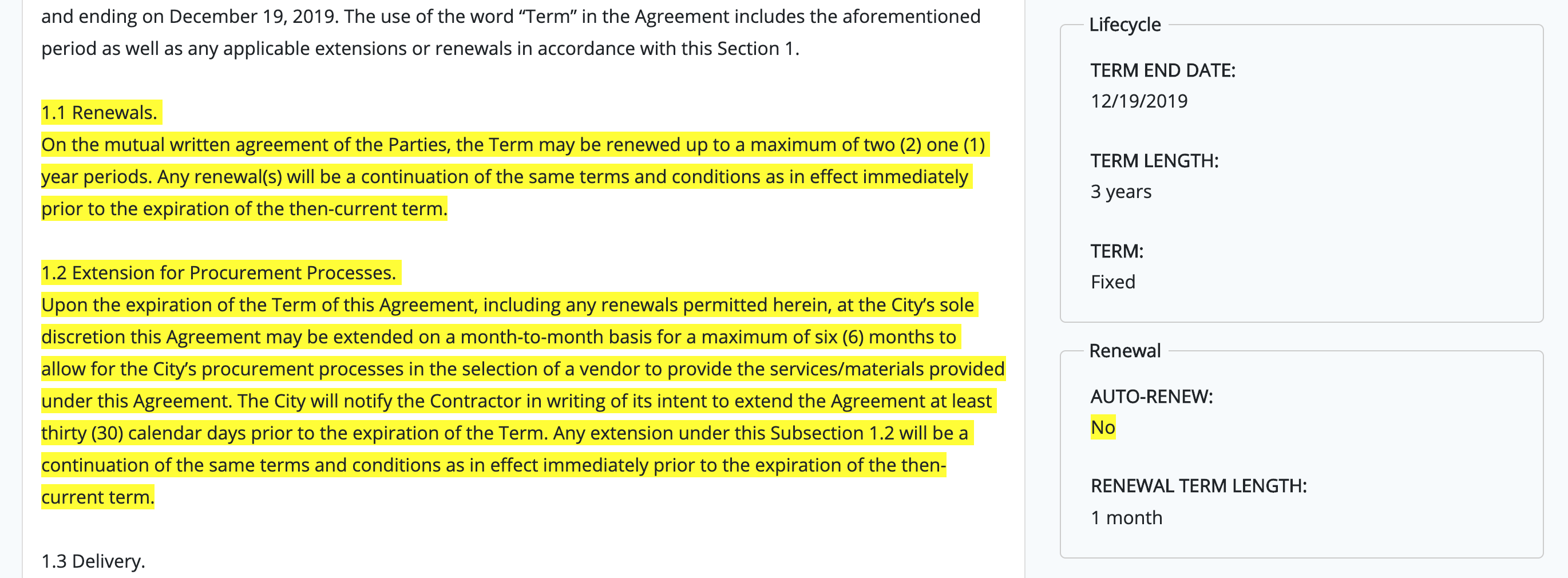Seems Hongmeng isn’t the Android replacement it’s been pitched as, after all. The initial story certainly tracked, as Huawei has been preparing for the very real possibility of life after Google, but the Chinese hardware giant says the operating system is primarily focused on industrial use.
The latest report arrives courtesy of Chinese state news agency, Xinhua, which notes that the OS has been in development for far longer than the Trump-led Huawei ban has been in effect. Hongmeng is a relatively simple operating system compared to the likes of Android, according to SVP Catherine Chen. The news echoes another recent report that Huawei had initially developed the software for use on IoT devices.
None of this means that Huawei isn’t working on a full mobile operating system, of course. Or that the seeds of this new OS couldn’t be adapted to do more.
And given the recent news, such a move would be a pretty good use of the company’s vast resources. After all, it’s no doubt seen the writing on the wall for some time. While no one anticipated that such a ban would arrive so suddenly, questions about the company have been floated in security circles for years now.
New restrictions from the Trump administration barred Huawei from working with American companies like Google, but temporary reprieves have allowed the smartphone maker to employ Android services — at least temporarily. Questions about the company’s health are still very much up in the air, however, as the ban ramps back up.
Source: Tech Crunch Mobiles | Huawei’s new OS is for industrial use, not Android replacement
